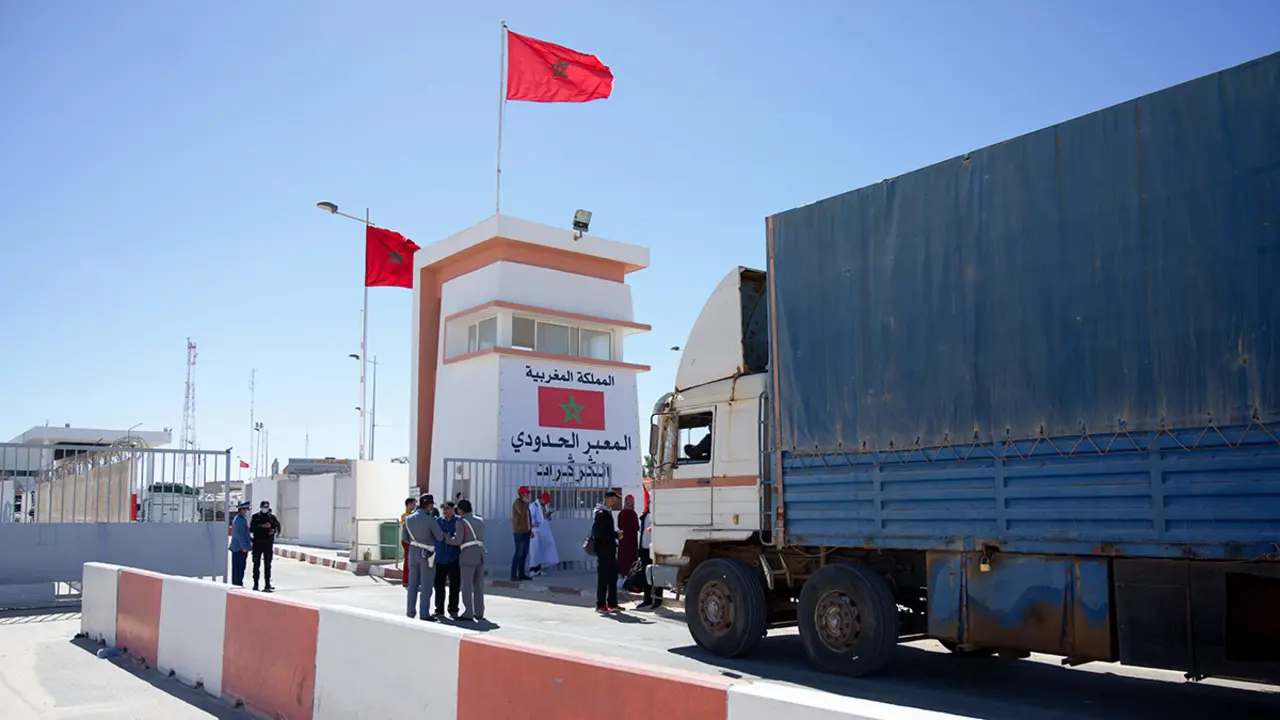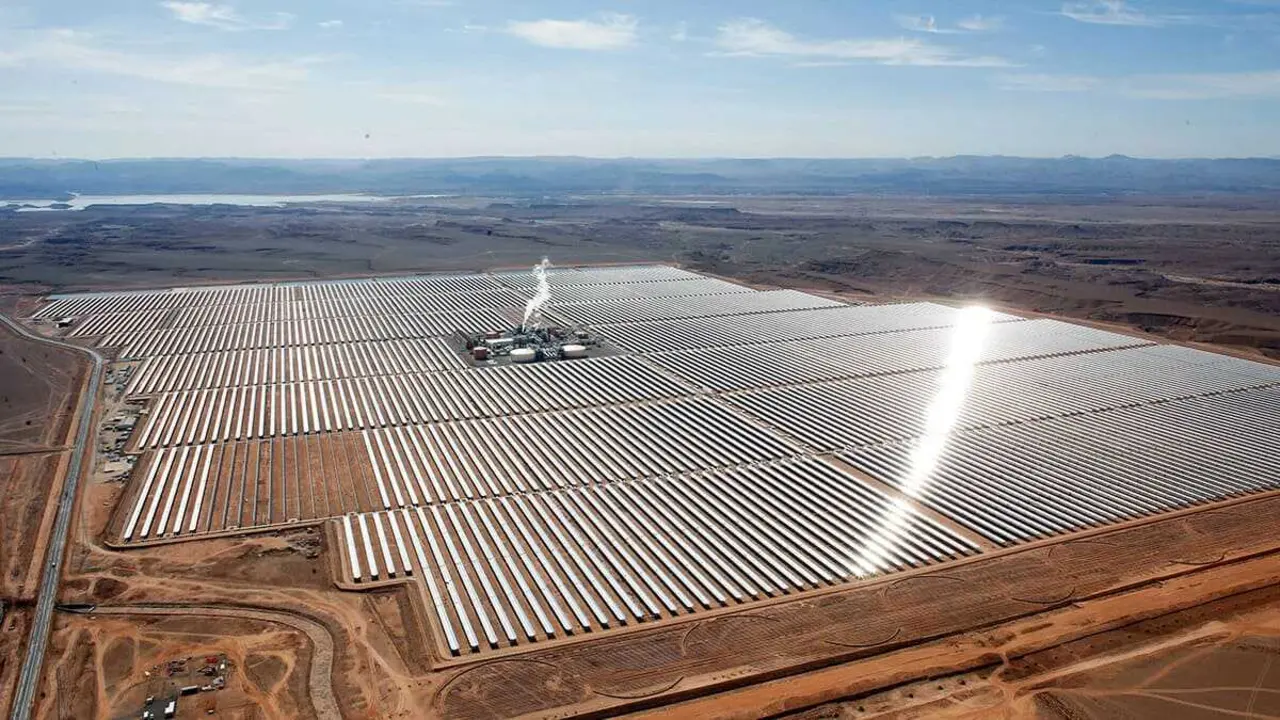Cyber-attacks on HIV vaccines

The British newspaper Financial Times published an IBM security report on a series of cyber-attacks against the coronavirus vaccines and their respective laboratories.
Even the FBI, along with other security agencies, is conducting an investigation to find the culprits who have attempted everything from stealing information about the vaccines to boycotting them.
Claire Zaboeva, IBM's cyber security threat specialist, said this is just the tip of the iceberg in a long-running, orchestrated global campaign to make vaccines fail, and there have been cyber-attacks on both public agencies and private research centres.
Security teams in the United States and the United Kingdom have warned of serious cyber-attacks against pharmaceuticals and research facilities related to the coronavirus vaccine, coming from China and Russia with the intention of stealing information, infringing on intellectual property or seeking to take over the marketing strategy.
The Wall Street Journal also reported on cyber-attacks from North Korea against six different companies involved in COVID immunization from Johnson & Johnson, Novavax, AstraZeneca to other companies in South Korea.
The most recent allegation by IBM concerns the intent of cyber-attacks to boycott the vaccine cold chain and also to hijack sensitive data about suppliers, storage and distribution; in recent months, hackers have made GAVI, the Vaccine Alliance, their favourite target.
The SARS-CoV-2 pandemic has failed to escape the fast and competitive geopolitical environment that prevailed prior to the outbreak of the pathogen from China.
Manufactured with a novel messenger RNA technique, Pfizer's immunization, created in the German laboratory BioNTech, has the peculiarity of being kept at 70 degrees below zero.
How will the logistics for the distribution of your anti-COVID vaccine be? At the last PAHO-WHO press conference, Jarbas Barbosa, deputy director of the health agency, answered my question on the subject.
"It is not only about having the vaccine but having the capacity to distribute it and having an adequate strategy to use it; PAHO is providing technical capacity to work with countries," in the opinion of the director.
While cargo and transport planes are being prepared for the transfer, Barbosa explained that both the Pfizer and Moderna vaccines can be used with the existing cold chain in the countries.
"Pfizer, as a producer, is developing a series of boxes to transport the vaccine and when it arrives to a vaccination room it will not need to be stored at 70 degrees below zero; it will be perfectly able to stay up to five days in the normal refrigerators that are kept in the centres between two and eight degrees centigrade," according to Barbosa.
From Pfizer they provide more information: "We have designed containers with controlled temperature that use dry ice to maintain the recommended storage conditions of up to minus 75 degrees for ten days". And they add: "Each container has a thermal sensor with GPS; each box holds up to 975 vials and we are working on smaller boxes that can be recharged with dry ice at any time during transport and temporary storage in health centres".
There are other laboratories completing their phase III experiments with immunisations made from the adenovirus of a chimpanzee such as AstraZeneca with the University of Oxford or from human influenza, as is the case with most laboratories, and which do not require any special cold chain; in the end each country will decide which vaccines are most suitable in terms of infrastructure and price.









